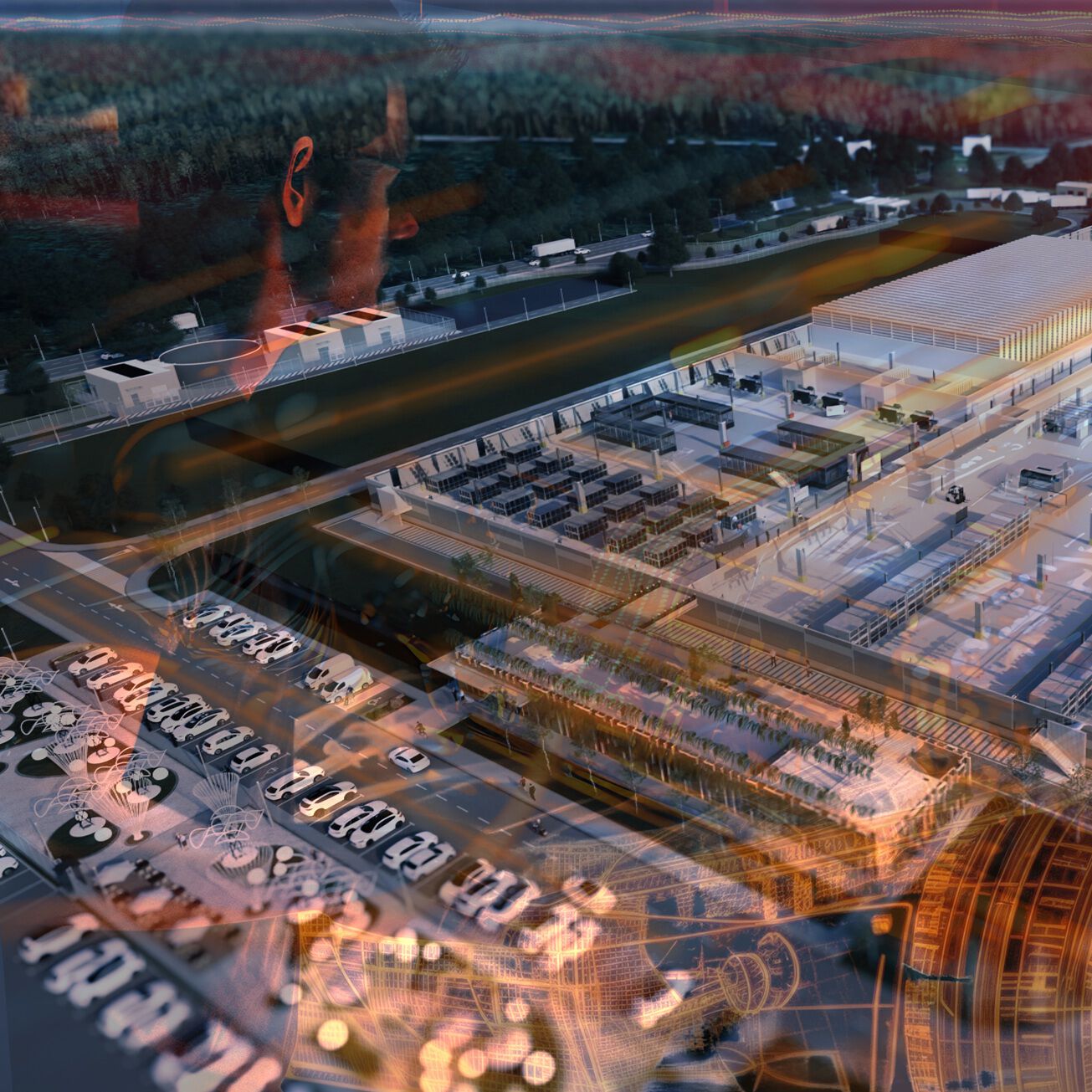Industrial Vehicle Off-Highway
Unlocking commercial and technological potential with EFESO
worldwide in the
past three years
of industry expertise
cost-saving potential unlocked in dump truck development*
cost reduction potential unlocked in harvester design*
On a global scale, the off-highway commercial vehicle markets offer significant opportunities for innovation and growth. Electrification, digitalization, automation, and new service-based business models drive the development of modern, efficient vehicles and create additional value-creation options. Alongside the need to invest in new technologies, OEMs and suppliers face strict regulatory and sustainability requirements, which demand continuous adaptation and optimization.
Another key challenge for the industry is building or strengthening the resilience of supply chains. Geopolitical crises, raw material shortages, and unforeseen logistical disruptions will continue to put global production networks to the test.
Companies that respond proactively to these trends today often succeed in highly competitive environments with innovation, adaptability, and flexibility in the face of change. However, priorities, goals, and approaches vary depending on the company's market segment. In collaboration with EFESO, strategies and solutions are particularly developed for the following submarkets of the off-highway commercial vehicle industry:
1. Agricultural and Construction Machinery
Trends such as autonomous systems, automated work processes, and electrification for low-emission drives are opening new business perspectives in agriculture and construction. Connected machines, data analytics, and AI increase productivity and resource efficiency. At the same time, declining revenues and intensified price competition put OEM margins under pressure.
2. Special Vehicles and Transport Solutions
In this segment, human-machine interfaces improve interaction and safety, while data-driven fleet management solutions simplify maintenance and operational planning. Moreover, the defense industry's growing demand for protected structures, autonomous systems, or modular transport platforms contributes to strong order books.
3. Industrial Trucks and Material Handling Equipment
Customers in this segment expect products that support their daily operations effectively and help minimize maintenance costs. Flexible, customizable solutions that integrate seamlessly into existing workflows and digital infrastructures are particularly in demand. In addition, fleet operators are increasingly making investment decisions based on the powertrain type – for instance, modular battery-swapping systems can significantly reduce vehicle downtime.
Enhance profitability. Control operational risks. Shape the future.
Strengthening market positioning in the off-highway commercial vehicle segment
With EFESO, you can put your company on the road to success – and keep it there. Together, we enhance your organization's performance, from individual business units and plants to global networks and entire business ecosystems in your specific market segment.
We identify and implement tailored approaches across direct and indirect value-creation areas to improve business processes, optimize cost structures, and deliver customer-centric solutions. This includes driving the efficient use of Industry 4.0 technologies, integrating digitalization and sustainability initiatives, and harmonizing R&D investments for new and existing products.
Key areas of collaboration in the off-highway commercial vehicle industry include, for example:
- Implementing cost management and cost engineering: Boost profitability with proven tools and methods for product cost optimization, tailored to your company's requirements, such as cost planning, target costing, and target cost management, and cross-functional cost optimization before and after SOP.
- Achieving product excellence: Reviewing the Product portfolio, establishing or further developing requirements management, and increasing product and process innovation performance. Tools include benchmarking, Design to X (cost, assembly, manufacturing, sustainability), and modularization and standardization in complexity management.
- Leveraging digitalization as a performance driver: Identifying and implementing digital levers to increase efficiency and optimize development, production, supply chain management, and procurement costs.
Clients
Our solution portfolio for companies in the "Industrial Manufacturing" segment



![[Translate to English:] ROI Case Studie - Digital Twin](/fileadmin/_processed_/6/1/csm_roi-casestudy-digital-twin_3c8c268a58.jpg)







